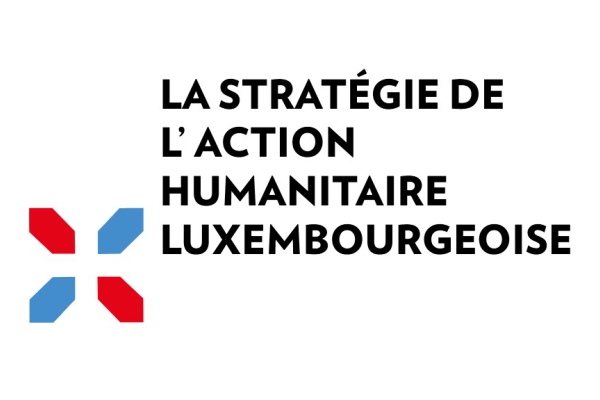 Credit: MEA
Credit: MEA
On Friday 19 August 2022, on the occasion of World Humanitarian Day, Luxembourg's Ministry of Foreign and European Affairs and the Directorate for Cooperation and Humanitarian Action has drawn up its new strategy for humanitarian action, which aims to better respond to multidimensional crises in an increasingly volatile global context, characterised by more conflict, instability and violence as well as climate change and health crises.
The World Humanitarian Day, established by the United Nations (UN) and taking place every 19 August to raise public awareness of humanitarian assistance and the need to support these actions throughout the world, the findings on the state of global humanitarian crises are alarming. According to the UN, 274 million people in 63 countries will need humanitarian assistance and protection this year.
It is in this context that by making greater use of the means and expertise of countries, Luxembourg intends to make its action more targeted, effective, sustainable, inclusive and in full respect of humanitarian principles. The strategy, presented on 19 August 2022 by the Minister for Cooperation and Humanitarian Action, Franz Fayot, is made up of six cross-cutting priorities, six strategic objectives and 50 action points which should allow a better assessment of the impact of Luxembourg's humanitarian action in practice.
Luxembourg's response to humanitarian crises in 2022
In response to humanitarian crises, which continue to increase in number, duration and complexity, Luxembourg will seek to establish a fixed part, dedicated to the humanitarian budget, at a level of 15% of its overall official development assistance (ODA) to from this year. For 2022, an envelope of €65.15 million is thus planned.
In 2022 alone, Luxembourg has already participated in around ten conferences for humanitarian assistance contributions relating to the humanitarian situations in Yemen, Afghanistan, the Sahel and Lake Chad, the Horn of Africa, Ukraine and Syria. In total, the announcements made within the framework of these conferences amount to more than €30 million.
Since the start of the Russian aggression in Ukraine, Luxembourg has announced a total of €4 million for humanitarian aid, not counting contributions in kind, made available respectively by the CGDIS and the Ministry of Health, such as the 50 tonnes of fire-fighting equipment, medical equipment and medicines worth €3 million as well as 692,000 rapid antigenic tests made available to Ukraine for a value of nearly €1 million. Following a request for assistance from the World Food Programme (WFP) in its role as leader of the "emergency telecommunications cluster" (ETC), the Ministry of Foreign and European Affairs has also made communication material available through emergency.lu satellite, providing an independent Internet connection for humanitarian actors in the Dnipro region.
In order to deal with growing food insecurity, the Directorate for Cooperation and Humanitarian Action has reacted, among other things, on two levels. Firstly, a call for projects was published on 1 July 2022 to allow Luxembourg NGOs to set up short-term humanitarian projects in countries facing the most acute food crises.
Secondly, Luxembourg also intends to react in the medium term. In terms of bilateral development cooperation and in order to support its partner countries in the face of food insecurity, Luxembourg Development Cooperation has exceptionally mandated its executing agency, Lux-Development, to identify, implement and ensure the follow-up of emergency food security support in 2022. The support will thus be adapted to the different contexts and requests for support and will be intended for the most vulnerable populations.
The full document is available online via: https://gouvernement.lu/dam-assets/documents/actualites/2022/08-aout/19-fayot-aide-humanitaire/la-strategie-de-laction-humanitaire-luxembourgeoise.pdf.








